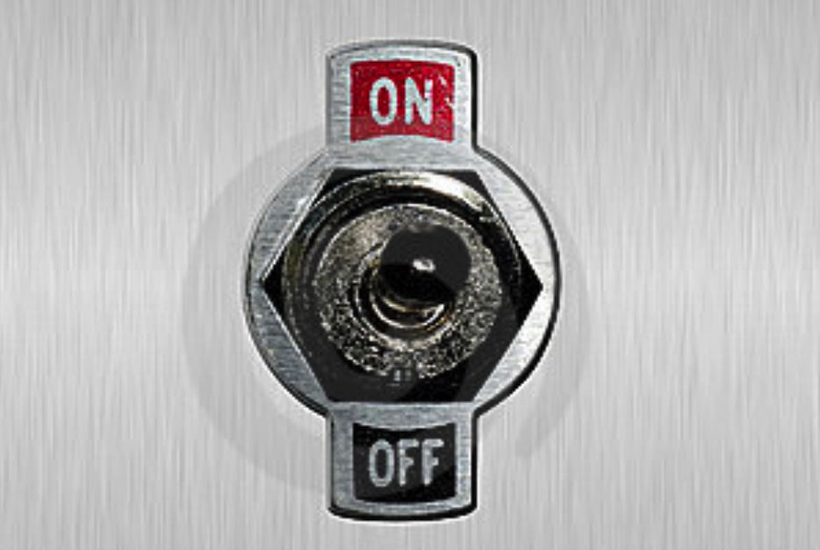In 19 years’ time, Germany will have no more coal mines and coal power plants, bringing to an end hundreds of years of successful history powering first the German Industrial Revolution in the nineteenth century and then the post-WWII economic miracle:
A leading mainstream politician in a major industrial nation this week said the country will phase out coal power, completely, in less than two decades’ time.
Imagine the blowback if an Australian politician – Labor or Liberal – tried that.
But this is not the first time German Chancellor Angela Merkel has pulled a stunt like this. In 2011, a few months after Japan’s Fukushima disaster, she abruptly ordered the shutdown of almost half the country’s 27 nuclear reactors and set a timeline to take the rest offline by 2022.
The loudest protests came from people who thought that wasn’t fast enough.
This week some muttered about higher energy prices and energy security concerns over Merkel’s 2038 coal phase-out decision. But just as loud were complaints that it could all be done a decade faster if the government really put its mind to it.
So rhapsodises The Sydney Morning Herald. Imagine the earth-shattering orgasms at SMH if an Australian politician tried that.
As The Financial Times notes, the end of German coal is in any case likely to come much earlier, since no one sane will want to invest any more in an industry with a use by date of less than two decades. Those involved will probably be taking advantage of government’s compensation packages sooner rather than later, instead of ploughing on in a dying sector of the economy. And in the short term at least, the big winner of German’s decarbonisation will be Russia, set to provide even more natural gas as an energy substitute, making Berlin even more dependable on Moscow’s whims.
“Coal bites the dust in Europe’s greenest nation” trumpets the title of the above-mentioned SMH piece. But just how green is Germany, or for that matter the rest of the environmentally pious European Union? Two-thirds of its renewable energy consumption comes from burning biomass, half of which is wood. And it’s not simply the byproducts of sawmills – Germany (and others) are burning plantation wood grown especially for that purpose. Sure, it is renewable, as long as you keep replanting, but it actually produces more CO2 than coal.
This is the sort of high-level idiocy that goes under the name of environmental and energy policy in Europe these days. Having decided to close down its clean and safe nuclear power plants, and now phasing out coal, Germany is burning its forests while becoming more dependent on Russian gas. The government responsible for all these brilliant decisions is supposedly centre-right, which just goes to show that old political labels have lost virtually all meaning.
All this means higher energy prices, which translates into higher prices for everything in this industrial powerhouse and the workshop of Europe. If you are really concerned about climate change and the long-term dangers that fossil fuels pose to the future well-being of African and Arab children that will inherit Germany, the most sensible course is to encourage by any and all means the necessary research and development into renewable – and clean – power sources to develop and refine technologies that will be as affordable and reliable as coal and gas are today. The quicker you develop and transition to them the less damage you will do to your economy.
People tend to forget nowadays that whales – one of the energy sources of the nineteenth century – stopped being overhunted not because our Victorian-era ancestors developed early PETA-like tendencies but because they discovered the potential of oil, the new miracle fuel.
What Germany and many others are doing now is saving the whales before drilling the wells; it’s all very noble, but stupidly expensive and expensively stupid.
Arthur Chrenkoff blogs at The Daily Chrenk, where this piece also appears
Got something to add? Join the discussion and comment below.
Got something to add? Join the discussion and comment below.
Get 10 issues for just $10
Subscribe to The Spectator Australia today for the next 10 magazine issues, plus full online access, for just $10.


























Comments
Don't miss out
Join the conversation with other Spectator Australia readers. Subscribe to leave a comment.
SUBSCRIBEAlready a subscriber? Log in